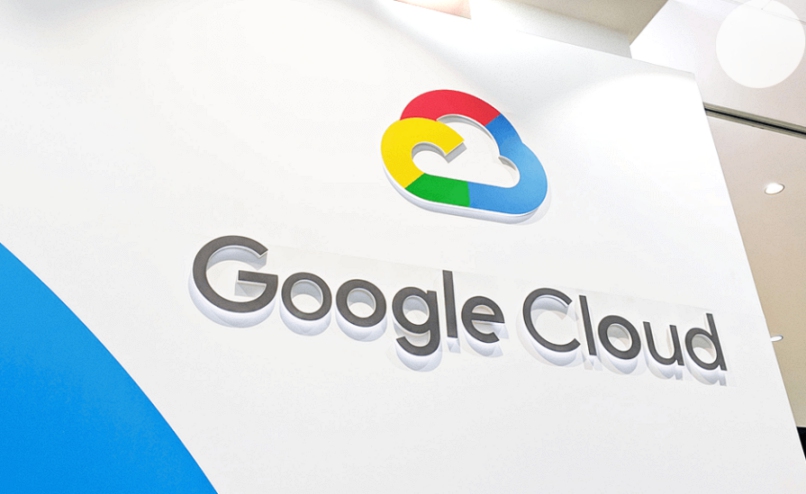Google Cloud has responded to its customers’ requests for the ability to use open-source technology easily in a cloud-native manner. At Google Cloud Next 2019, the company announced strategic partnerships with seven “leading open source-centric companies” working on data management and analytics. The products from Confluent, DataStax, Elastic, InfluxData, MongoDB, Neo4j and Redis Labs will be integrated into the Google Cloud Platform (GCP) and offered as managed services.
According to Google, this new project will deliver a seamless user experience in management, billing and support and will simultaneously provide the ability to easily leverage these open-source technologies in Google’s cloud. In addition, the tech giant will cooperate with its partners to build integration with native GCP services like Stackdriver for monitoring and logging, and IAM for user and security policy management.
Manvinder Singh, the head of infrastructure partnerships at Google Cloud, said in a press briefing: “As you are aware, there has been a lot of debate in the industry about the best way of delivering these open-source technologies as services in the cloud. Given Google’s DNA and the belief that we have in the open-source model, which is demonstrated by projects like Kubernetes, TensorFlow, Go and so forth, we believe the right way to solve this is to work closely together with companies that have invested their resources in developing these open-source technologies.”
Ofer Bengal, Redis Labs CEO and co-founder, said: “Through this partnership, Redis Labs and Google Cloud are bringing these innovations to enterprise customers, while giving them the choice of where to run their workloads in the cloud. Customers now have the flexibility to develop applications with Redis Enterprise using the fully integrated managed services on GCP. This will include the ability to manage Redis Enterprise from the GCP console, provisioning, billing, support, and other deep integrations with GCP.”







